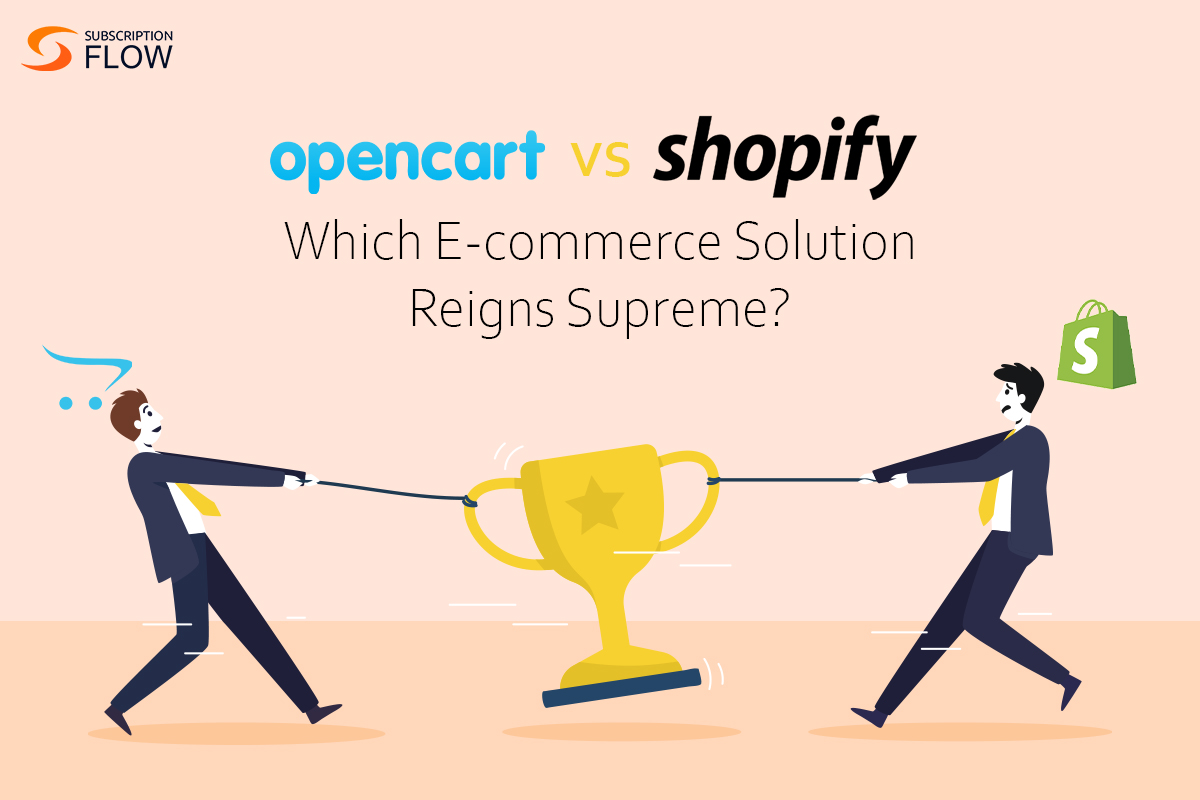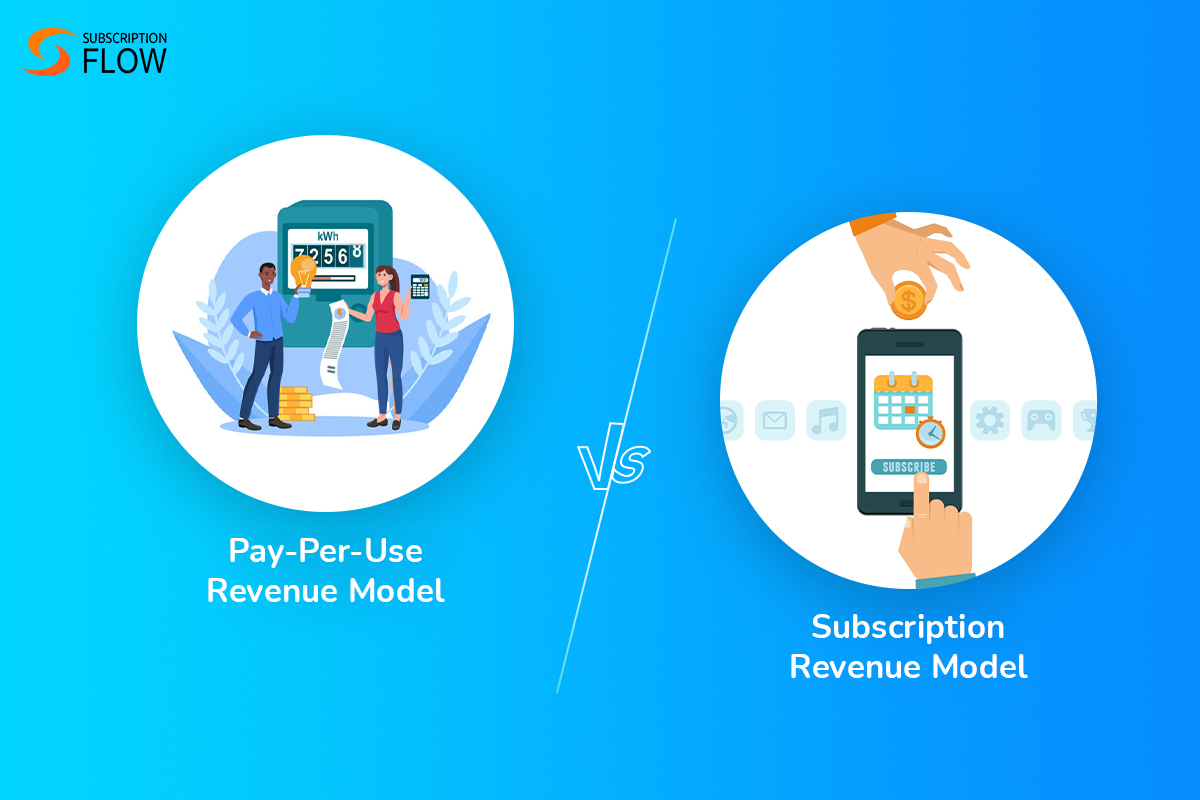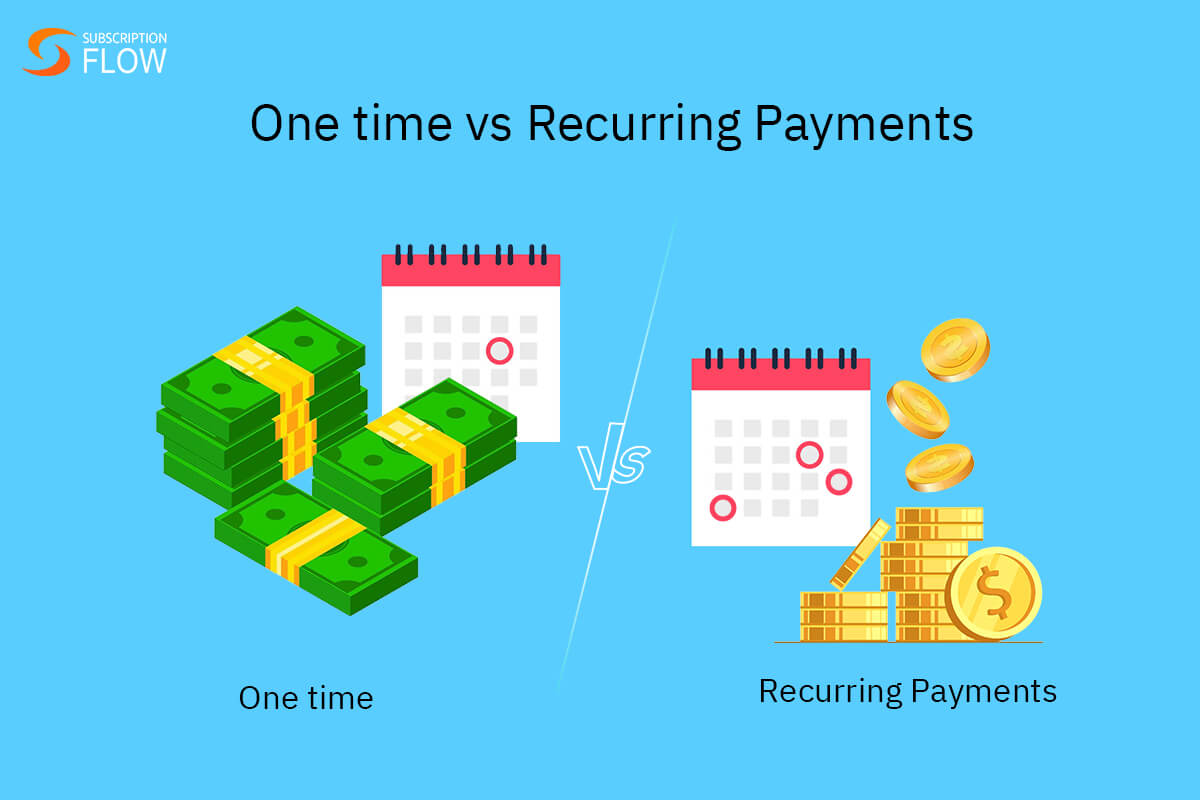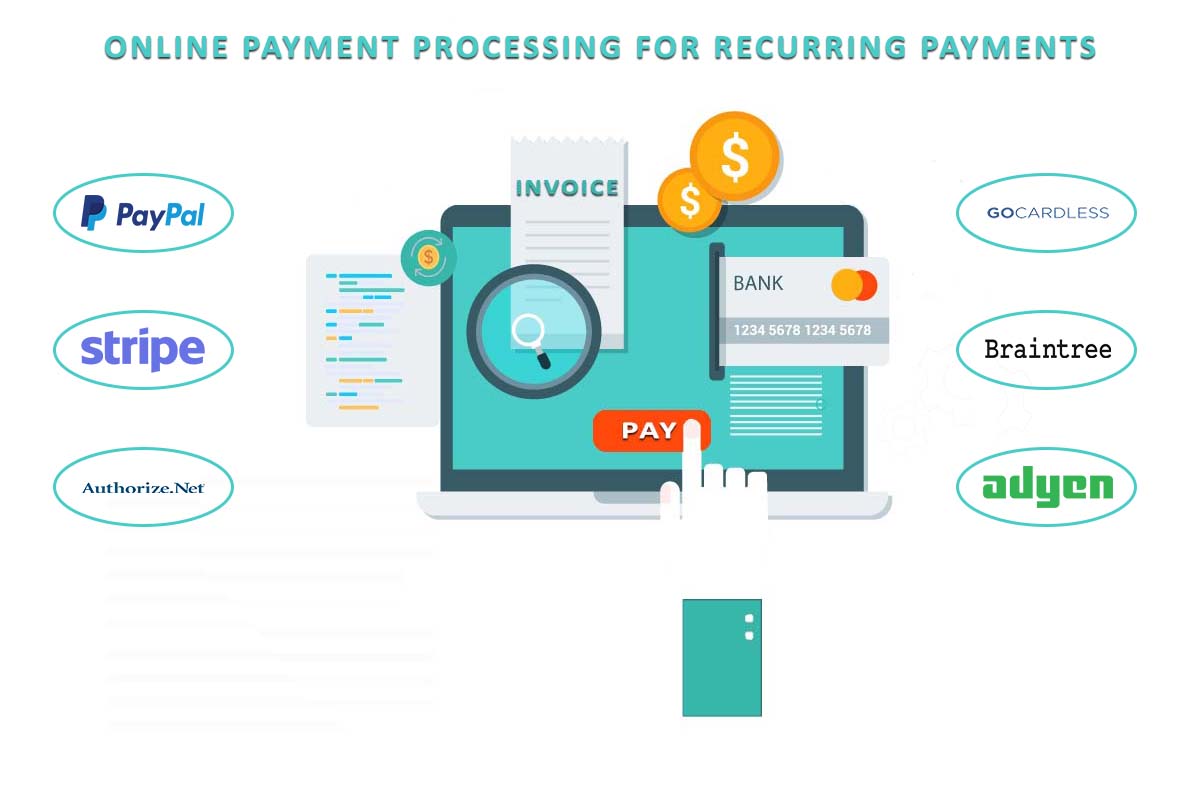
OpenCart vs Shopify: Which E-commerce Solution Reigns Supreme?
Setting up the right online store can completely change your e-commerce revenue and growth. For consideration, there are two sorts of internet shopping carts: hosted and open-source. The first choice is more user-friendly and simpler to utilise. The second alternative necessitates some technical knowledge but provides additional features and customization choices.
And, while the final decision is yours to make based on your personal needs and business objectives, we are delighted to provide you with some information on both platforms. Let’s compare the two greatest eCommerce platforms from each camp: OpenCart vs Shopify – open source vs hosted solution.
OpenCart – an Introduction
OpenCart is a popular open-source e-commerce platform that enables individuals and businesses to create and manage their online stores effortlessly. Established in 2008, OpenCart has gained a significant following due to its flexibility, user-friendly interface, and extensive range of features.
As an open-source solution, it provides users with complete access to the platform’s source code, allowing for easy customization and tailoring of their online stores to meet specific requirements. With a large and active community of developers and users, OpenCart continues to evolve and improve, ensuring a constantly updated and refined experience for its users.
One of the standout features of OpenCart is its intuitive administration dashboard, which allows sellers to handle various aspects of their online store seamlessly. From managing product listings and categories to monitoring customer orders and handling shipping options, OpenCart offers a comprehensive set of tools for running a successful e-commerce venture.
Additionally, the platform supports numerous payment gateways and shipping methods, catering to a global audience and facilitating smooth transactions. With its wide range of extensions and themes available in the OpenCart marketplace, users can further enhance their store’s functionality and appearance, making it a robust and versatile solution for e-commerce entrepreneurs of all levels.
Shopify – an Introduction
Shopify is a leading e-commerce platform that empowers individuals and businesses to easily set up, manage, and grow their online stores. Founded in 2006, Shopify has revolutionised how people do business online by providing a comprehensive and user-friendly solution for selling products and services online.
With a wide range of customizable templates and themes, sellers can create visually stunning and professional-looking online stores that reflect their brand identity. Moreover, Shopify offers a secure and reliable infrastructure, ensuring that transactions and customer data are protected.
One of the key strengths of Shopify lies in its simplicity and accessibility, making it suitable for both beginners and seasoned entrepreneurs. The platform streamlines the entire e-commerce process, from inventory management and order processing to payment gateways and shipping options, simplifying the complexities of online selling.
Additionally, Shopify boasts a vast ecosystem of apps and plugins, enabling users to extend the functionality of their stores and tailor them to specific business needs. Whether someone wants to sell physical products, digital downloads, or even subscription-based services, Shopify provides the tools and support necessary to succeed in the competitive world of online commerce.
Read More: From Clicks to Cash: Maximizing Profits with a Flawless Integration of Shopify and Authorize.Net
OpenCart vs Shopify Differences
If you have to weigh Shopify vs OpenCart, they have some key differences in terms of features, ease of use, customization options, and overall user experience. Here are some of the main differences between the two that should affect your final choice:
1. Hosting and Ease of Use
- Shopify is a fully hosted platform, meaning that Shopify takes care of all the technical aspects of hosting, security, and maintenance. Users do not need to worry about server management, making it incredibly easy to set up and get started.
- OpenCart, on the other hand, is a self-hosted platform. Users need to find their own hosting provider and install the software, which requires a bit more technical knowledge. While this allows for greater control over the hosting environment, it can be a barrier for less tech-savvy users.
2. Customization and Flexibility
- Shopify offers a wide range of professionally designed templates and themes, with a focus on ease of use and visual appeal. While customization is possible, it may require some familiarity with coding or the use of apps and plugins to achieve specific functionalities.
- OpenCart is known for its open-source nature, providing users with access to the platform’s source code for deeper customization. This makes it more suitable for developers and users with coding knowledge who want to have full control over their online store’s appearance and functionality.
3. App and Extension Ecosystem
- Shopify boasts a large and diverse app ecosystem, offering numerous pre-built integrations and extensions that users can easily add to their stores. This allows for quick and straightforward enhancement of store features and functionality.
- OpenCart also has a decent selection of extensions and modules available, but its app marketplace is not as extensive as Shopify’s. Users might need to rely more on custom development to achieve specific requirements.
Read More: Unify Your eCommerce Operations: Adyen-Shopify Integration
4. Support and Community
- Shopify provides 24/7 customer support through various channels, ensuring that users can get assistance whenever needed. The platform also has a thriving community of users and developers, making it easy to find solutions to common issues.
- OpenCart’s support options may vary depending on the hosting provider, and official support from the platform might not be as comprehensive as Shopify’s. However, like Shopify, OpenCart also has an active community that offers help and advice.
5. Pricing
- Shopify operates on a subscription-based pricing model, offering different plans that come with varying features and transaction fees. While it provides a straightforward pricing structure, the cost can increase as the store grows and additional features are needed.
- OpenCart is an open-source platform, which means it is free to download and use. However, users need to consider expenses related to hosting, domain registration, and any premium themes or extensions they may choose to purchase.
6. Target Users
- Shopify is often favoured by beginners and small to medium-sized businesses due to its user-friendly interface, comprehensive support, and ease of setup. It caters to a wide range of industries and does not require extensive technical knowledge.
- OpenCart, with its open-source nature and customization capabilities, is often preferred by more tech-savvy users, developers, and businesses with specific requirements. It provides greater flexibility and is suitable for those who want to delve into the code to create a unique online store.
7. Mobile Responsiveness
- Shopify themes are designed to be mobile-responsive by default, ensuring that online stores look great and function well on various devices, including smartphones and tablets.
- OpenCart themes may or may not be inherently mobile-responsive. While there are responsive themes available, users need to carefully select a suitable theme or customize it accordingly to ensure optimal performance on mobile devices.
8. SEO (Search Engine Optimization)
- Both platforms offer SEO-friendly features to optimize online stores for search engines. However, Shopify has more built-in SEO tools, making it easier for beginners to implement basic SEO practices without the need for additional plugins.
- OpenCart also provides SEO options, but users might need to rely on extensions or custom coding for more advanced SEO functionalities.
9. Multilingual and Multi-currency Support
- Shopify offers built-in multilingual and multi-currency support, making it easier for users to expand their businesses globally and reach a diverse customer base.
- OpenCart can support multiple languages and currencies, but achieving full multilingual capabilities might require additional extensions or manual setup.
10. Security
An OpenCart vs Shopify comparison in 2023 involves security. Both platforms take security seriously and implement standard security measures. However,
- Shopify’s fully hosted solution ensures that security updates and patches are applied automatically.
- OpenCart’s self-hosted nature means that users are responsible for their store’s security updates and maintenance. While this provides more control, it also requires users to be vigilant in keeping the platform up to date to prevent security vulnerabilities.
Final Word
These differences highlight the distinct strengths and characteristics of OpenCart vs Shopify, making it essential for users to evaluate their specific needs and preferences before choosing the platform that best aligns with their e-commerce goals.
Ultimately, the choice between Shopify and OpenCart depends on individual needs and preferences. Shopify is an excellent option for users seeking an easy-to-use, hosted solution with a wide range of features, while OpenCart is better suited for those who want more control and customization capabilities through its open-source nature.
The good news is that SubscriptionFlow integrates with both OpenCart and Shopify so you can manage subscriptions as you grow your business.
Book a demo with one of our experts to find out more!










